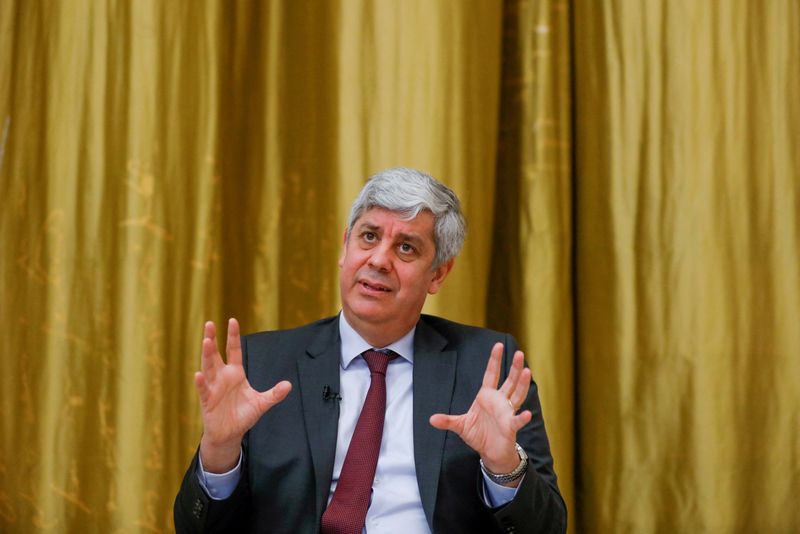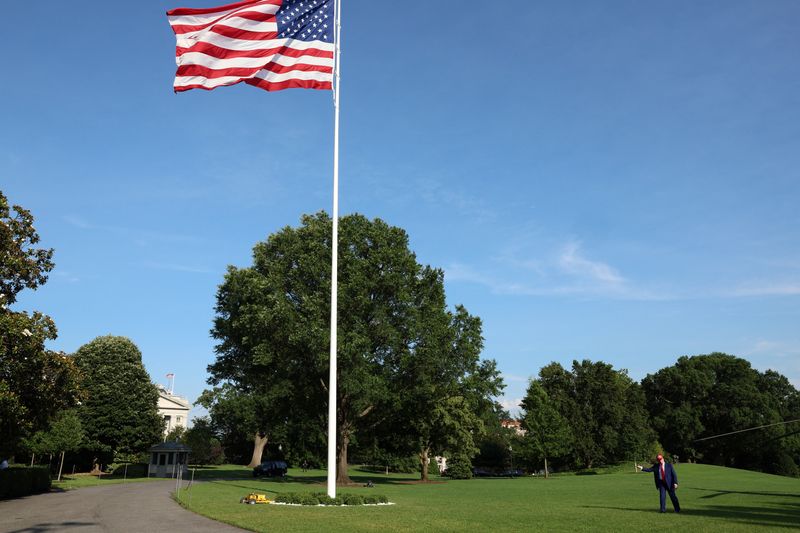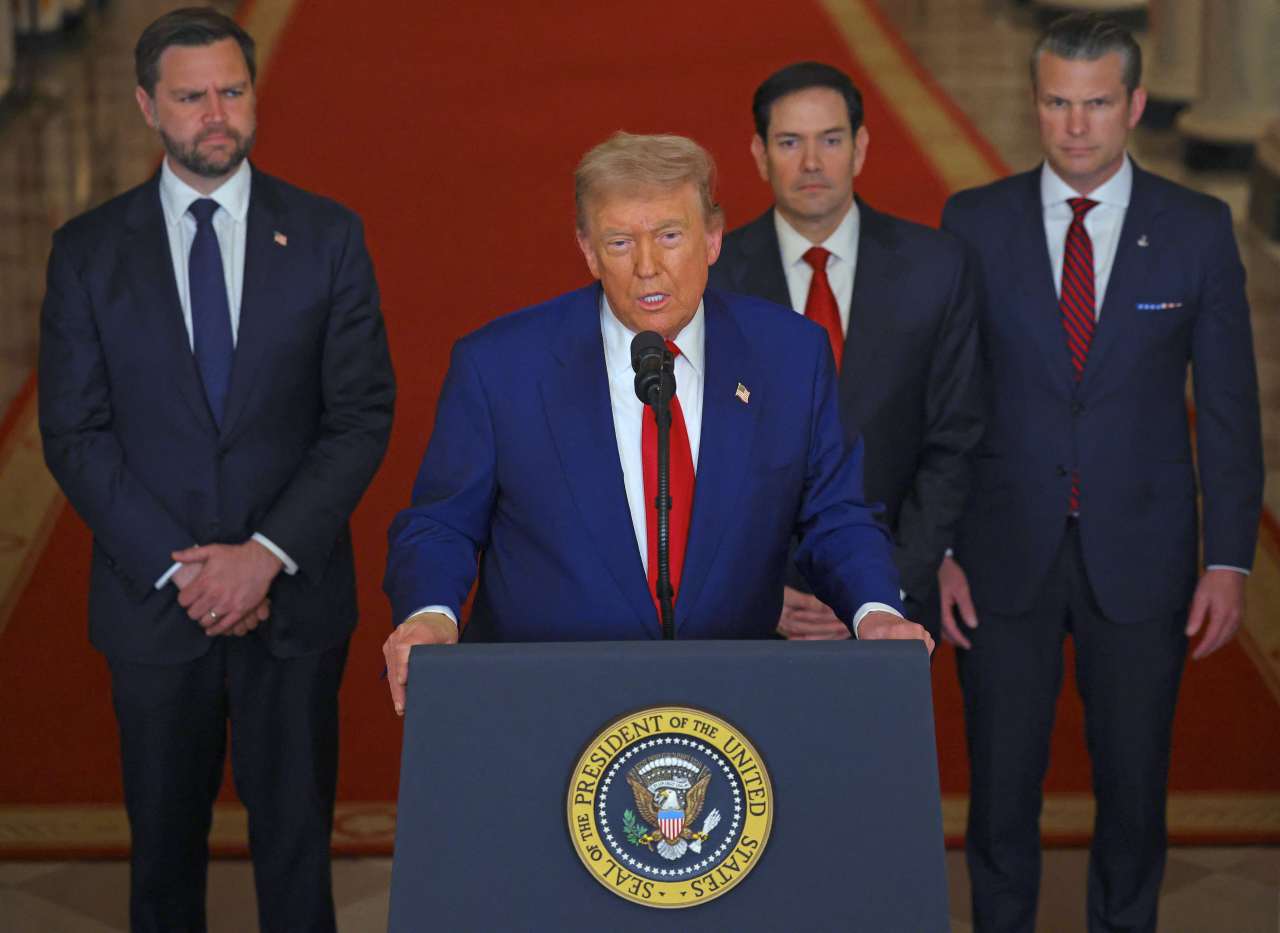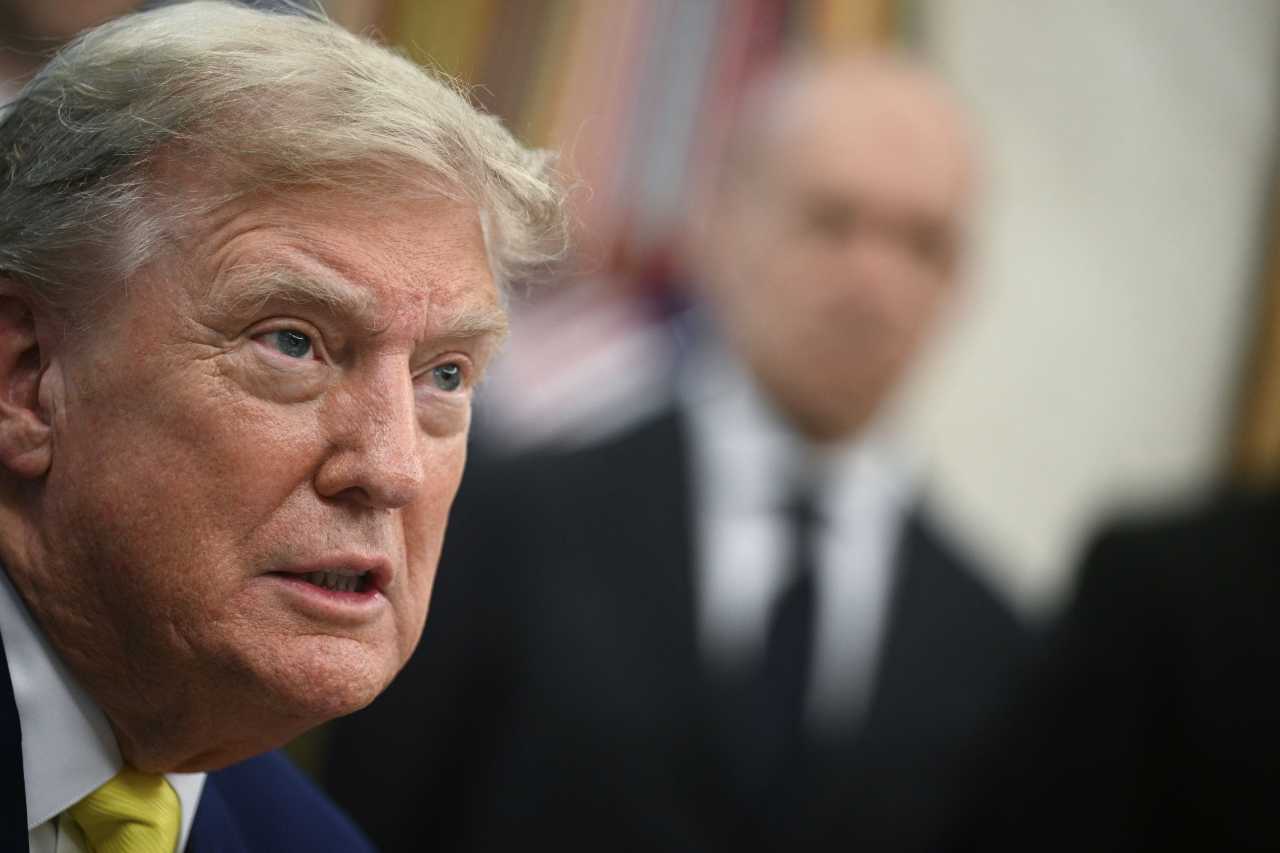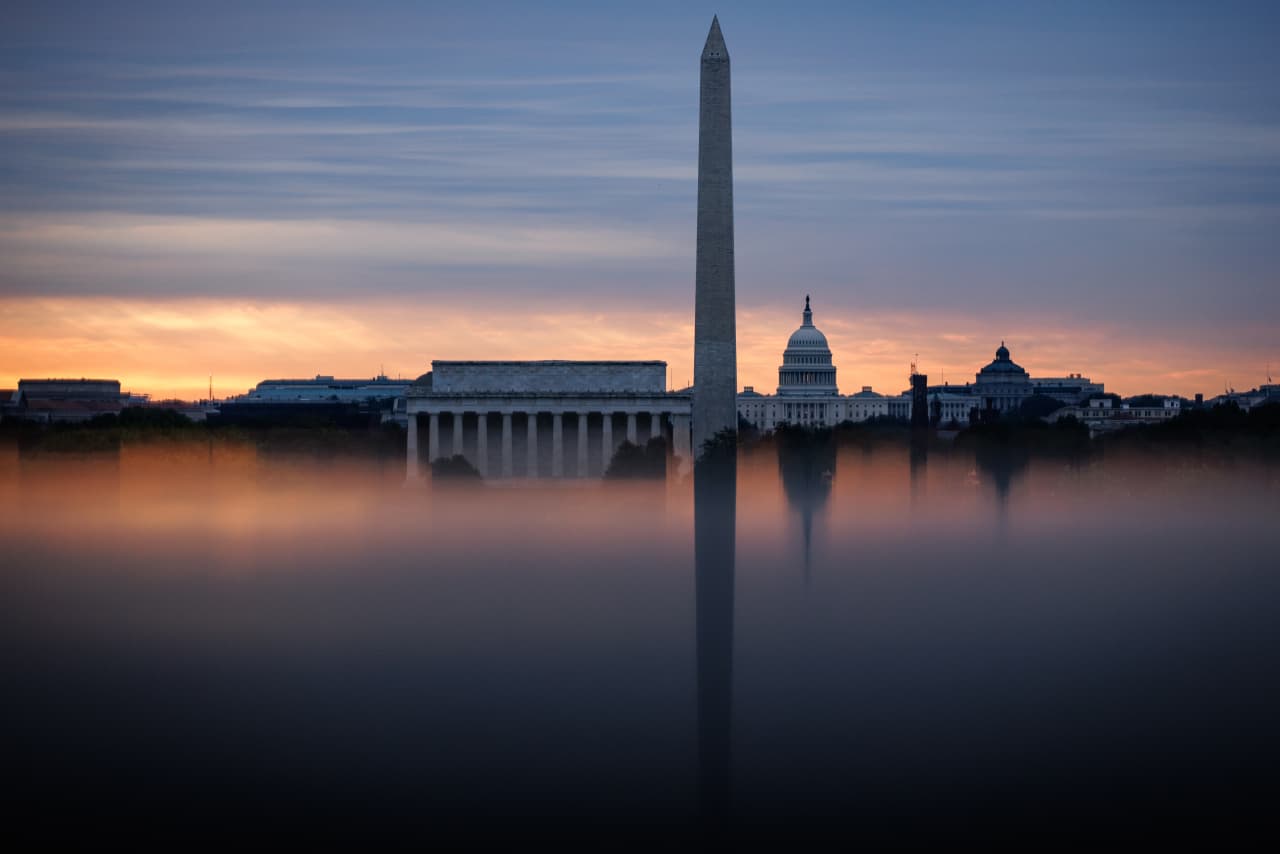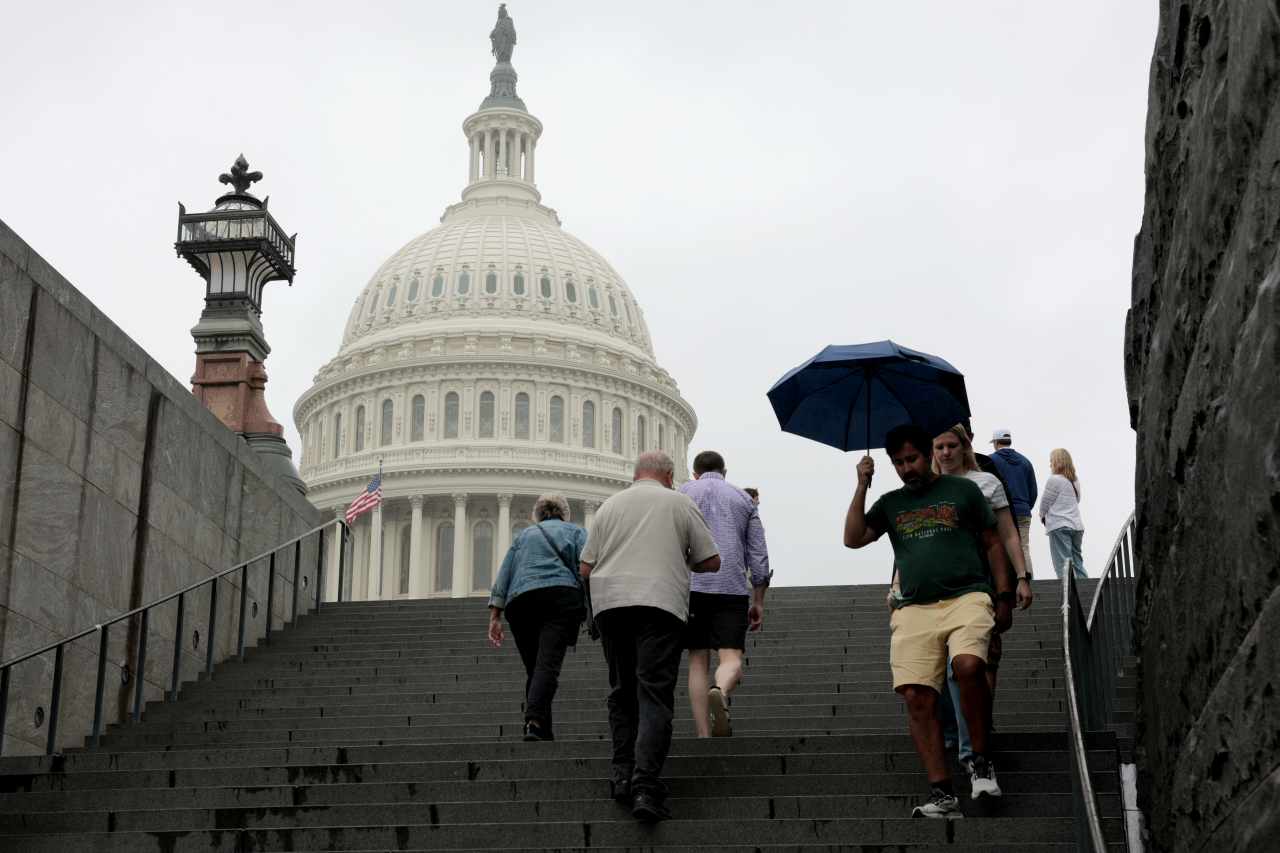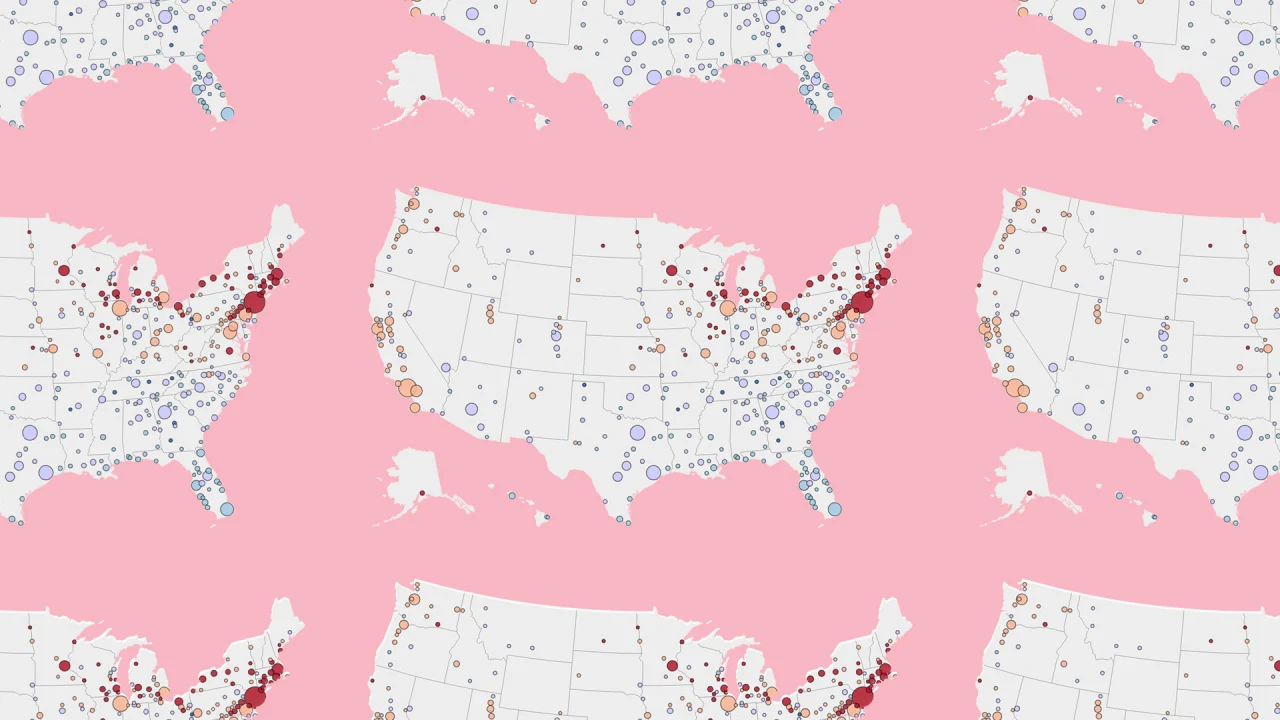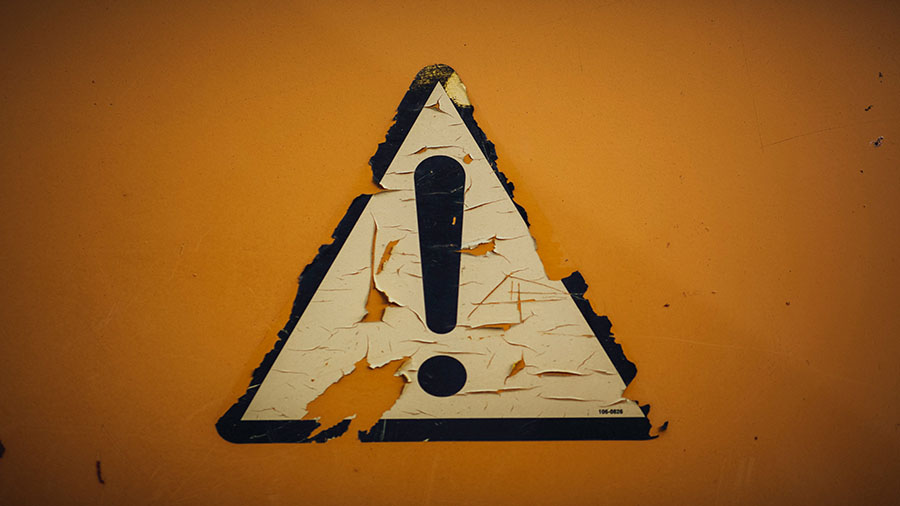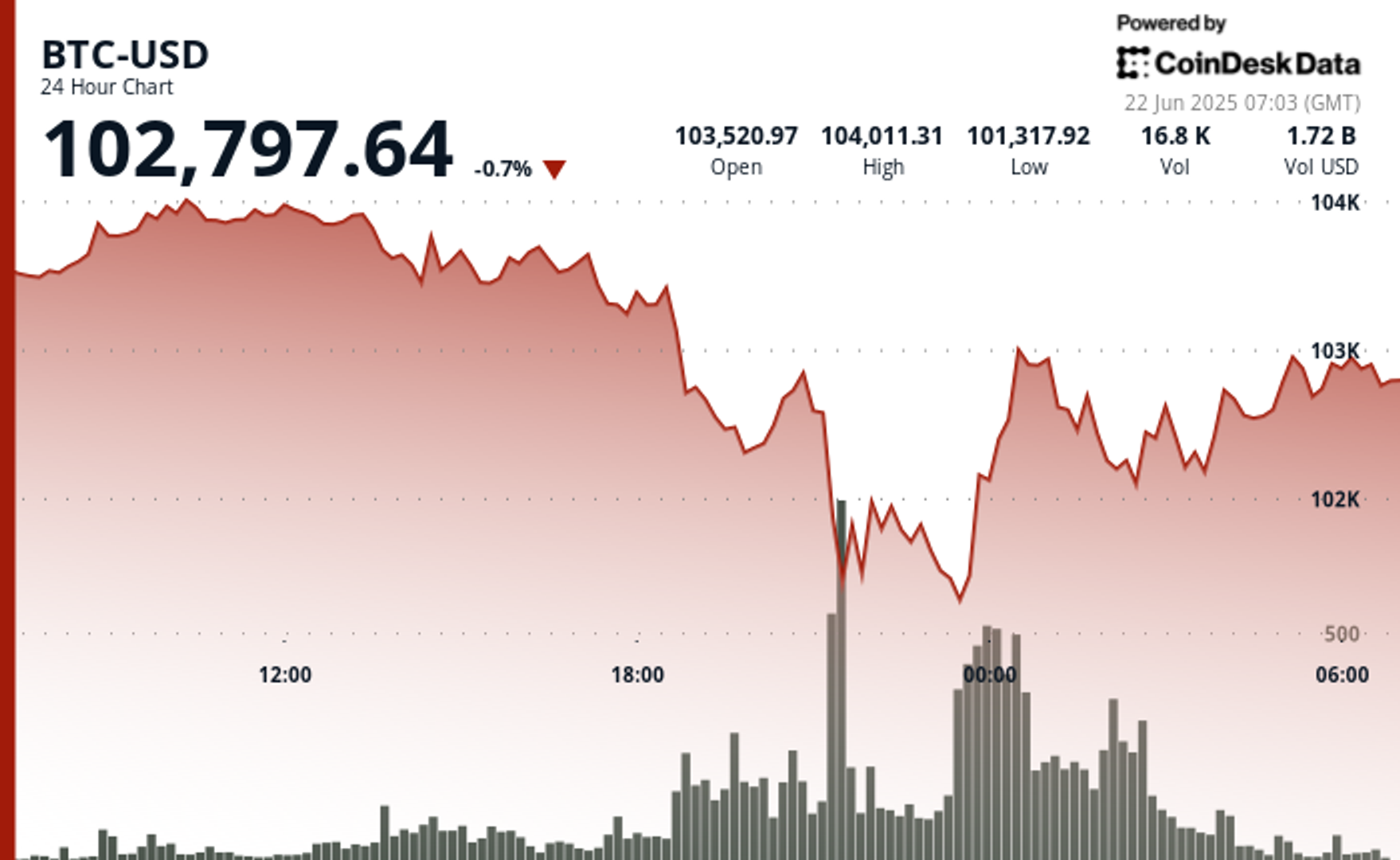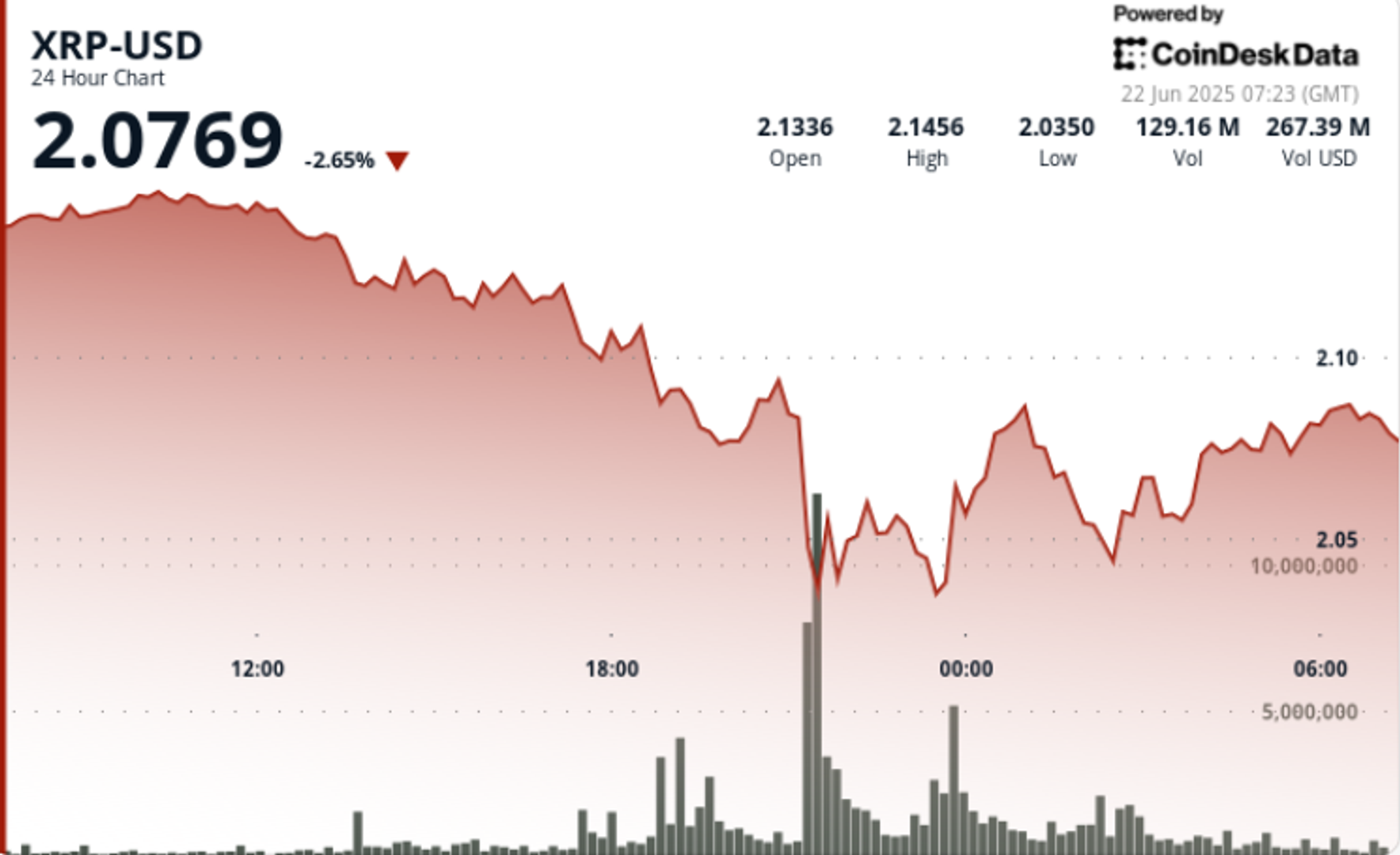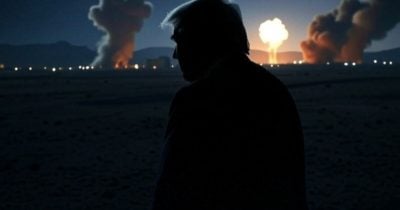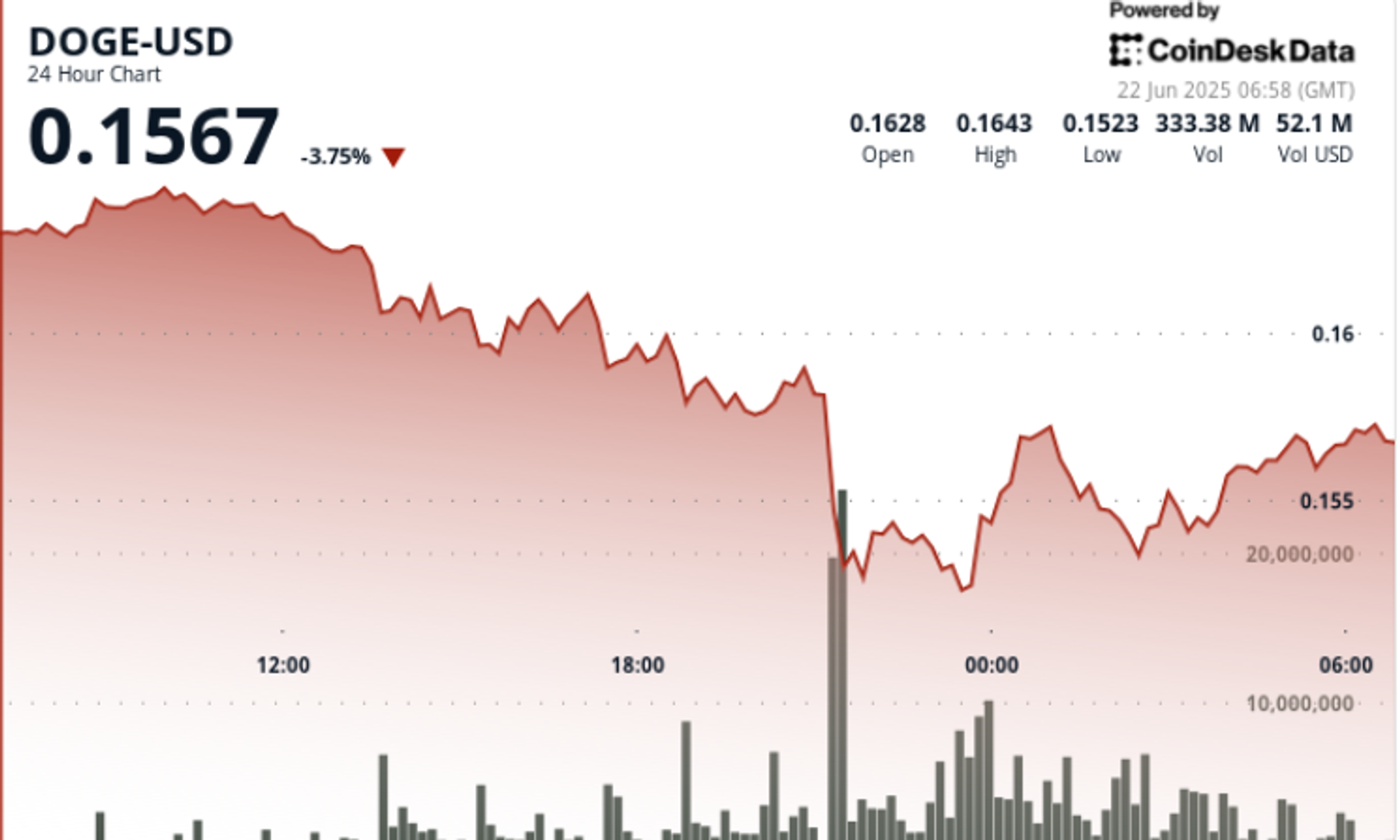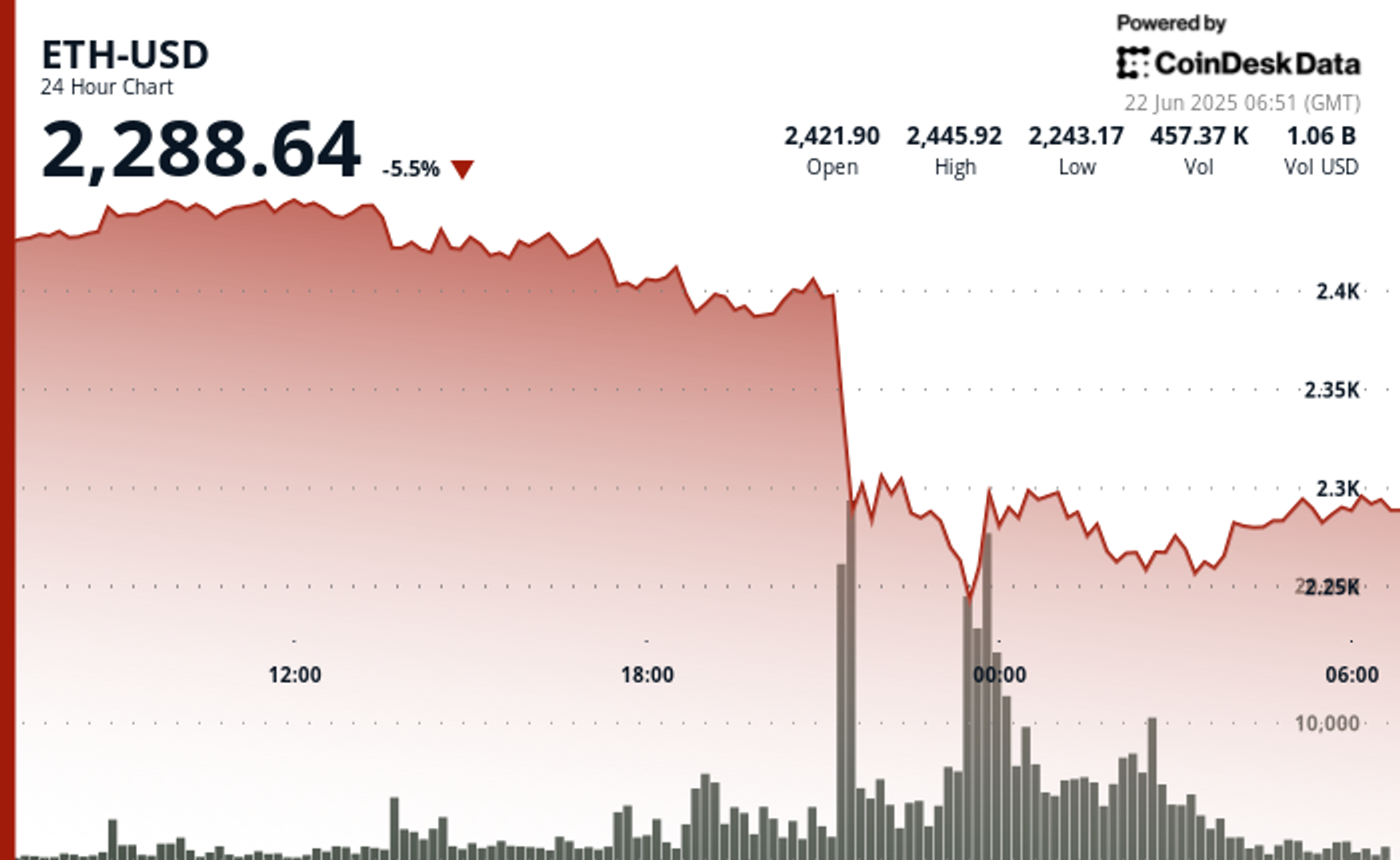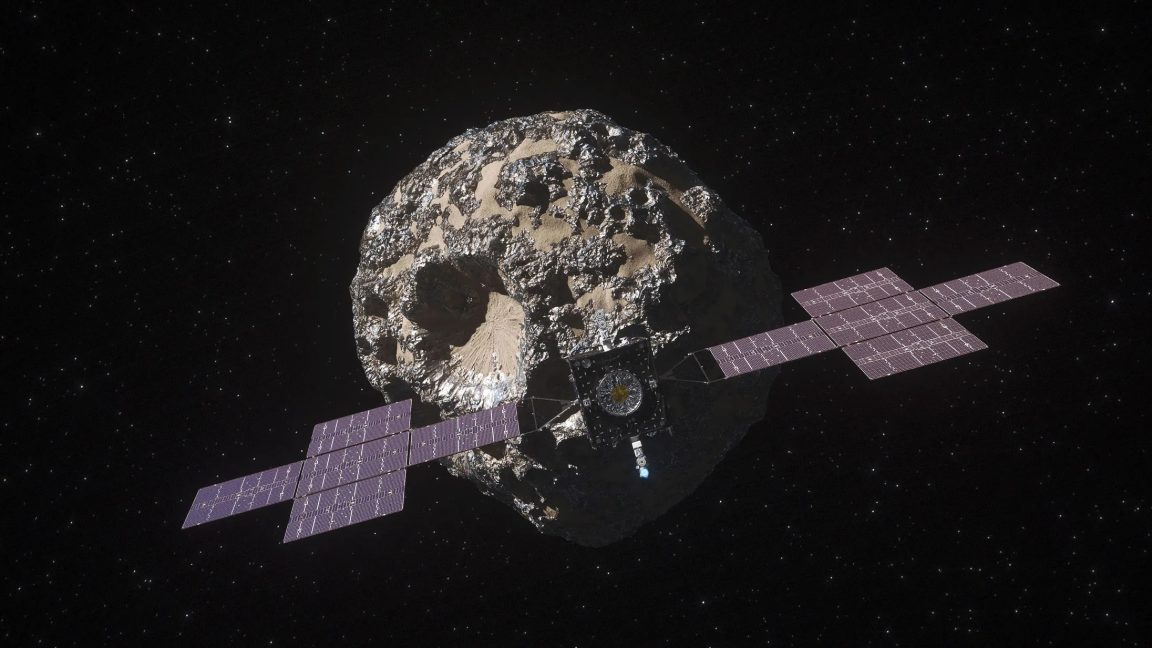US attacks three nuclear sites in Iran, widening conflict
“Our objective was the destruction of Iran’s nuclear enrichment capacity and a stop to the nuclear threat posed by the world’s No. 1 state sponsor of terror.”

US President Donald Trump said American bombers struck Iran’s three main nuclear sites and threatened more attacks if Tehran doesn’t capitulate, pulling the US directly into the country’s conflict despite his longtime promises to avoid new wars.
Addressing the nation in a televised speech, Trump said Iran’s “key nuclear enrichment facilities have been completely and totally obliterated.” He threatened “far greater” attacks if Iran doesn’t now make peace, raising the specter of even deeper US involvement.
Trump had said earlier in a social media post that a “payload of BOMBS” was dropped on Fordow, the uranium-enrichment site buried deep under a mountain and seen as vulnerable only to “bunker buster” munitions that the US possesses. Natanz and Isfahan, two other sites, were also struck.
“Our objective was the destruction of Iran’s nuclear enrichment capacity and a stop to the nuclear threat posed by the world’s No. 1 state sponsor of terror,” Trump said. “Iran, the bully of the Middle East, must now make peace. If they do not, future attacks will be far greater — and a lot easier.”
The move marks an extraordinary escalation by the president in the week since Israel began airstrikes across Iran and amounts to the most serious foreign-policy decision of his two terms so far.
Live Blog: US Says It Launched Airstrikes on Iran Nuclear Sites
It goes against the advice of US allies in Europe as well as the United Nations’ International Atomic Energy Agency, which has repeatedly warned that nuclear facilities must never be attacked given the potential threat to nuclear safety — not to mention radiation leaks.
Iran has said it doesn’t want a nuclear bomb, and Trump’s own intelligence agencies had assessed recently it still hadn’t committed to developing such a weapon. Trump, however, had dismissed those findings and had declined to rule out joining the Israeli strikes, which had also killed several prominent Iranian military officials and nuclear scientists.
The US strikes could immediately open American assets in the Middle East to attack since Iran had warned it would retaliate if Trump ordered an attack. Trump’s combative language in the last couple of days had also triggered new threats from the Iran-backed Houthi rebels in Yemen and led Iranian officials to call the US Israel’s “partner in crime.”
Iran’s retaliation could also come in the form of cyber attacks against American or Israeli interests by hackers linked to the regime in Tehran. In a statement, the country’s nuclear agency, the Atomic Energy Organization of Iran, said its atomic-energy industry would not be halted.
Earlier Saturday, the State Department said the US had begun evacuating US citizens from Israel. The agency organized two flights to Athens from Tel Aviv with about 70 US citizens, family members and permanent residents, it said.
“I hope that the Iranians are measured in their response but there will be a response — this is an act of war by the United States against a foreign country, which has not attacked us lately,” said Barbara Slavin, a distinguished fellow at the Stimson Center. “Americans are at risk all over the Middle East, all over the world.”
Iran’s official Islamic Republic News Agency reported that authorities in Isfahan confirmed multiple simultaneous explosions in Natanz and Isfahan early Sunday, describing them as “aggressions” near the two nuclear facilities.
Israel was notified in advance of the strikes, according to a person familiar with the matter who asked not to be identified discussing private deliberations. Trump spoke to Israeli Prime Minister Benjamin Netanyahu after the strikes, a senior White House official said.
Fears of an impending strike had eased after Trump’s team said on Thursday he would make a decision within two weeks. On Friday, the foreign ministers of France, Germany and the UK had met with Iranian officials Geneva in a bid to prevent a US attack.
The continued fighting has evoked fears of a regional conflict that results in massive civilian casualties, and disrupts the flow of energy and other trade through the region. About a fifth of the world’s daily oil supply goes through the Strait of Hormuz, which lies between Iran and its Gulf Arab neighbors such as Saudi Arabia.
For days, Trump had faced conflicting advice from his supporters, after he campaigned for president on promises to keep the US out of foreign wars, pointing to American involvement in Afghanistan and Iraq. MAGA allies including longtime Trump supporter Steve Bannon, have warned against any US intervention, insisting this is Israel’s fight to finish.
Read More: Trump’s Iran War Talk Testing His Ties With MAGA Loyalists
Other Republicans had been urging Trump to join the fight against Iran, arguing that Tehran was more vulnerable after days of air strikes by Israel, and there was an opportunity to deliver on the president’s long insistence the regime cannot be allowed to have a nuclear weapon.
Trump and his advisers had suggested in recent days that any strike would be limited. Trump briefed Senate Majority Leader John Thune and House Speaker Mike Johnson, according to people familiar with the matter.
“This is not the start of a forever war,” Senator Jim Risch, the Idaho Republican and chairman of the Senate Foreign Relations Committee, said on X. “There will not be American boots on the ground in Iran. This was a precise, limited strike, which was necessary and by all accounts was very successful.”
Energy experts have raised concerns that crude flows in the region could be imperiled if Iran and its proxies retaliate in response to a US attack. Fears have focused on the Strait of Hormuz, a narrow waterway at the mouth of the Persian Gulf that is a key transit point for 26% of the world’s oil trade. Houthis have previously disrupted Red Sea shipping, with attacks on ships in the Bab el Mandeb strait forcing vessels to reroute around Africa.
A broader attack — including potentially planting naval mines — on the Strait of Hormuz could have even wider consequences, since it’s such a vital artery for the region’s oil and gas output.
What If Iran Tries to Close the Strait of Hormuz?: QuickTake
US ally Israel had launched a surprise attack on Iran on June 13, saying the imminent threat of the regime in Tehran securing nuclear weapons had to be neutralized. Iran’s military infrastructure was seriously damaged and a number of its top generals and atomic scientists were killed. But Israel lacked the heavy bombs and B-2 stealth jets believed to be required to destroy nuclear sites buried deep underground.
Tehran had responded to Israel’s strikes by firing waves of ballistic missiles and drones, breaching aerial defenses, striking several cities and causing unprecedented damage. But the number of projectiles launched by Iran dropped markedly after the first few days of the conflict, raising questions about the number of missiles left in its arsenal and its ability to launch them.
“Iran is going to be facing a real dilemma, because they’ve already been dramatically weakened,” said Dennis Ross, who served as President Bill Clinton’s Middle East envoy and is now a fellow at the Washington Institute for Near East Policy. “They will try to do something to show they didn’t just capitulate or submit, but they have their own interest in trying to limit this.”
This story was originally featured on Fortune.com





![The Largest Communities on Reddit [Infographic]](https://imgproxy.divecdn.com/vfTS-YsC_ZrqM6F4tAXJgV6qj3gCHSsf2dvHufDbrrQ/g:ce/rs:fit:770:435/Z3M6Ly9kaXZlc2l0ZS1zdG9yYWdlL2RpdmVpbWFnZS9sYXJnZXN0X3JlZGRpdF9jb21tdW5pdGllczIucG5n.webp)



























